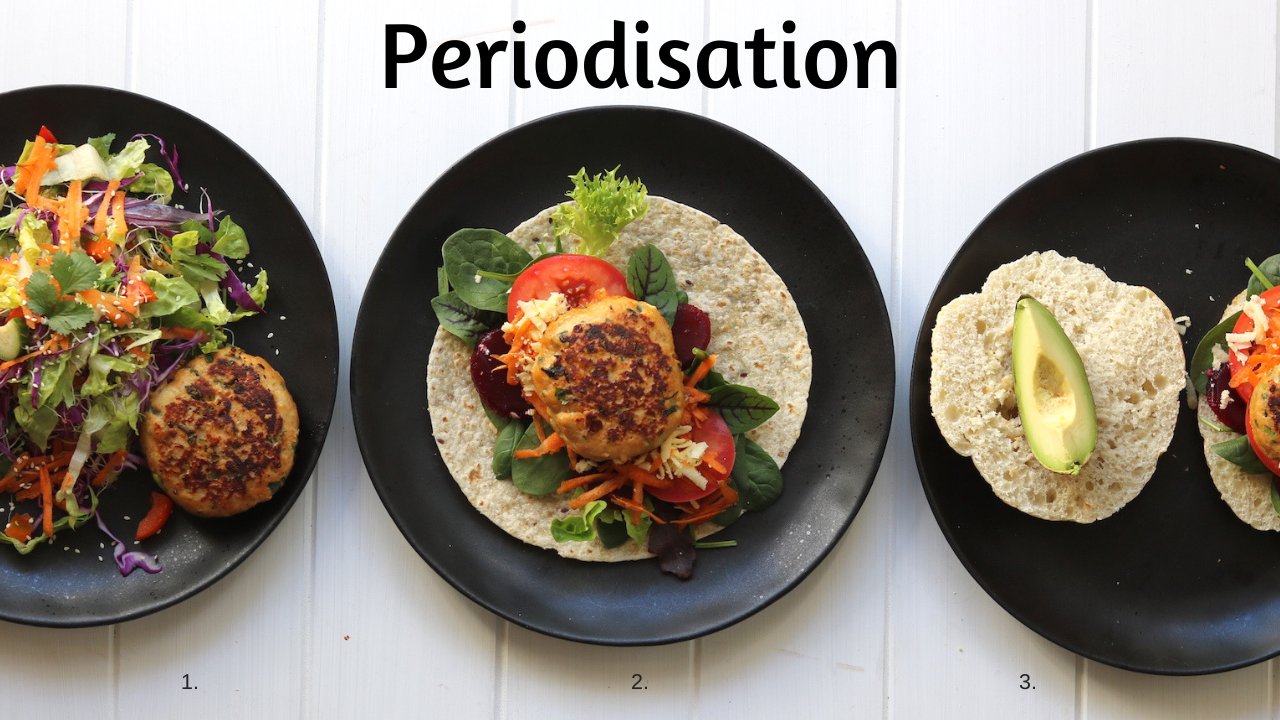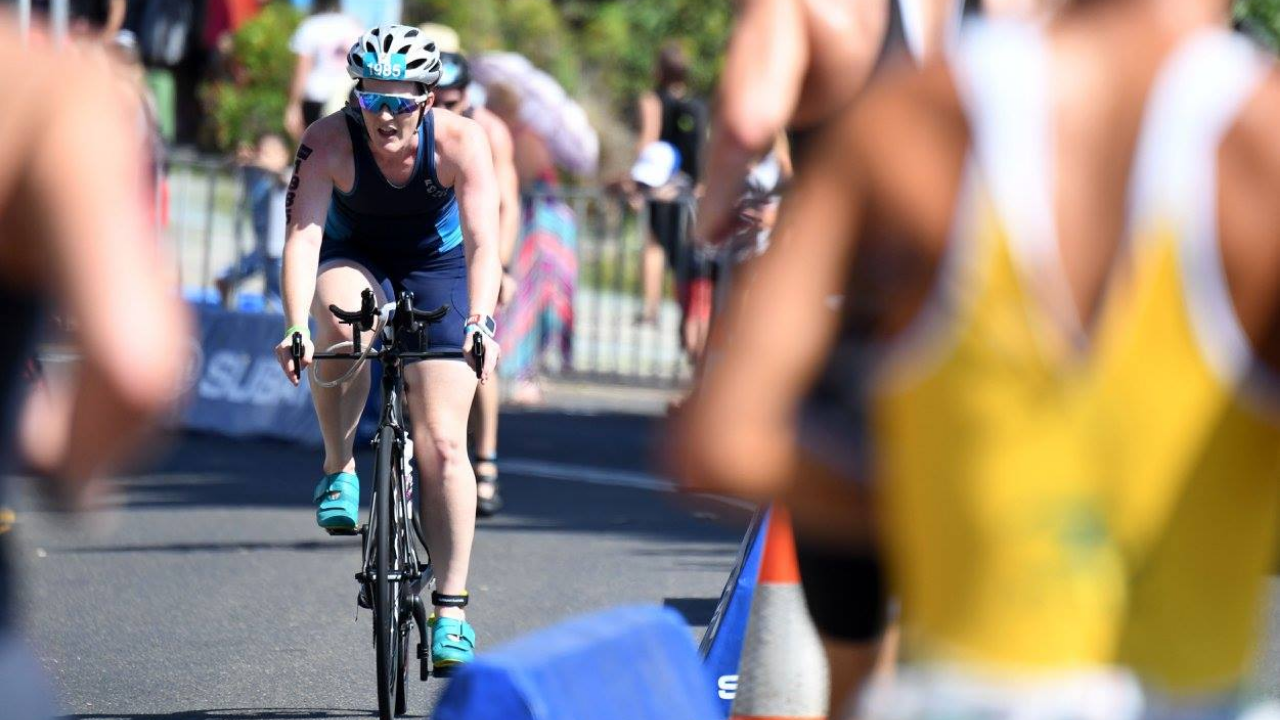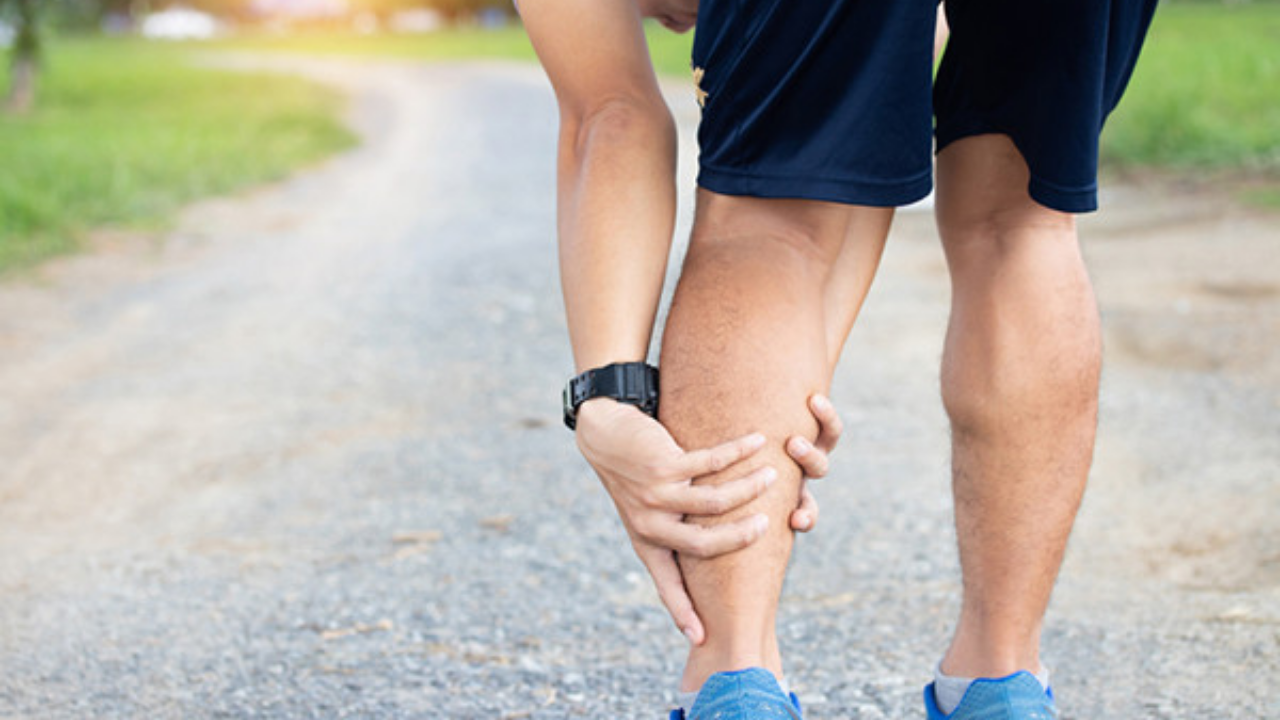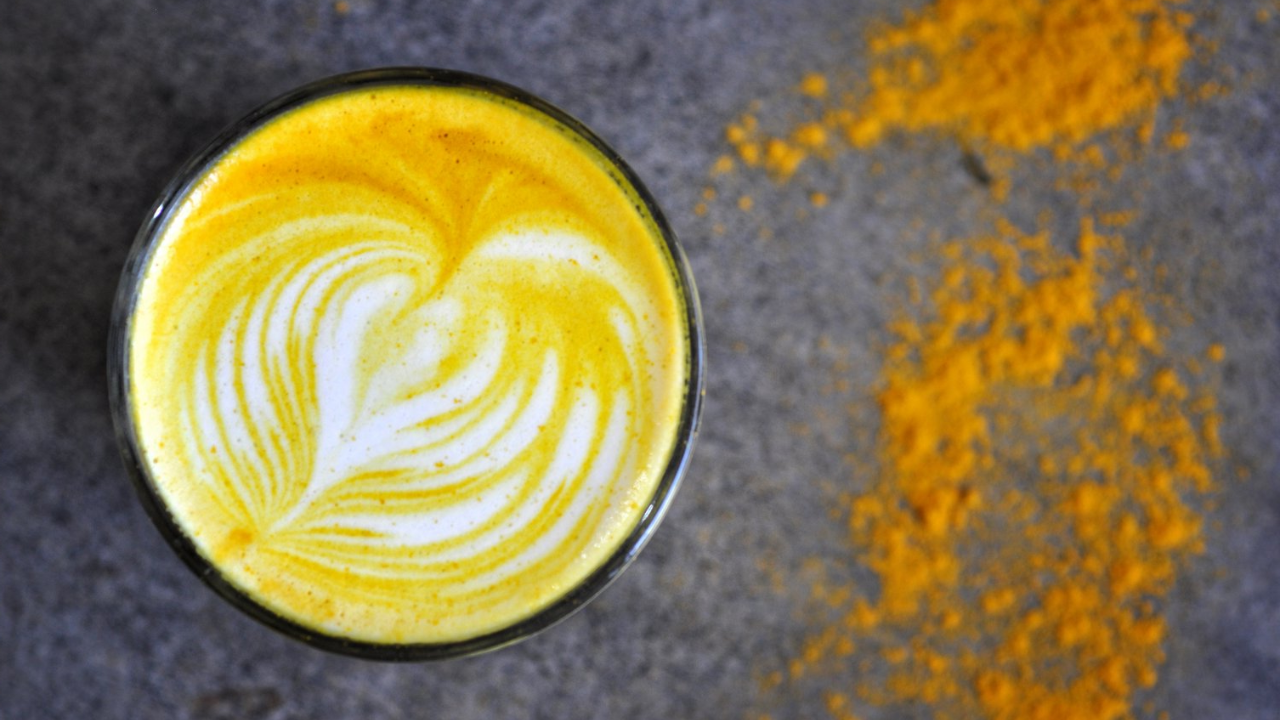Are you the type of runner that knows exactly where every public toilet is along your route?
Don’t worry – you’re not alone! 30-50% of athletes regularly suffer from gastrointestinal (GI) problems while exercising (1).
Far too common among endurance athletes, GI symptoms include nausea, cramps, bloating, wind, vomiting, diarrhoea and urgency. The frequency, intensity and severity of these symptoms seem to increase as the event distance increases.
So why exactly does it happen?
It’s multifaceted and highly individual but reasons include mechanical, physiological, and nutritional factors (2). We also know that the symptoms are exacerbated by dehydration and hot weather conditions. If you are female, younger and run at high intensity, you may be at higher risk of GI symptoms too (1) (damn it).
Running causes an increase in intra-abdominal pressure which, when combined with our organs bouncing up and down can cause GI symptoms (2). When we exercise, blood flo...















